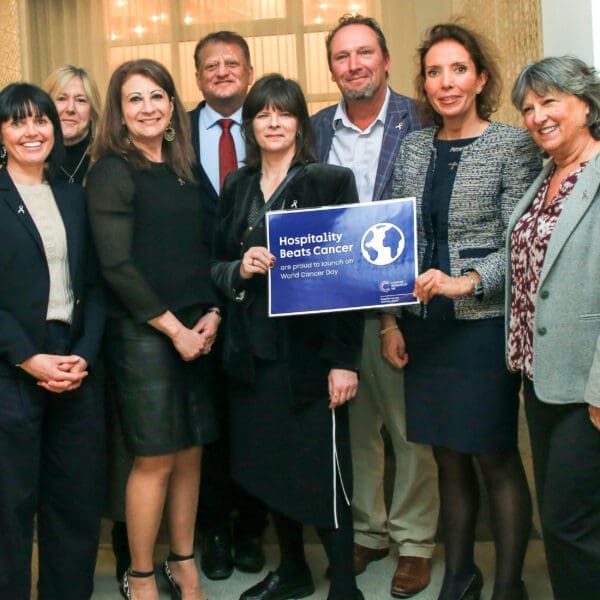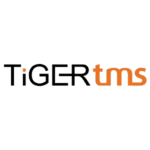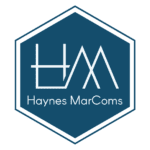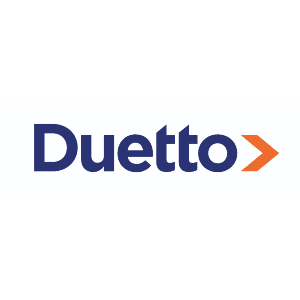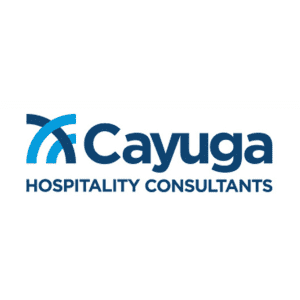
When exploring the landscape of digital marketing for hotels, we see many new emerging trends such as AI, automation, social media, influencer marketing and more. Many may wonder, “Is email marketing still relevant for hotels?” The answer is an assured YES!
Even with all the new tech tools and marketing options available, email marketing continues to drive Return on Investment (ROI) effectively. Let’s dive into a detailed guide on how to build your hotel email marketing strategy in 2024.
Why email marketing for your property?
Why should hoteliers include email marketing in their strategy? Well, simply because it’s effective and there are a lot of people who like it. Constant Contact revealed that 55 percent of customers prefer getting emails from businesses and nonprofits more than other communication methods, including text messaging and different social media.
It’s also significantly cost-efficient compared to other marketing avenues. Survey found that every $1 spent on email marketing results in an average return of $36, which is a huge profit margin.
Moreover, email marketing lets you tailor your promotional messages according to customer preferences and behaviours, and you make sure that they will be the ones reading it because it will land directly on their inbox.
But is there anything other than email for hotels?
One key point to keep in mind is that email is not the only channel you should use to communicate with your guests. Just like a lot of people like it, there are others who prefer other channels like SMS or WhatsApp.
The point is, there is not one message that fits all channels, in this case you need to understand your guests in order to make the right decisions and find a balance. Email marketing for hotels is not dead, however, you need to open yourself to a multi-channel approach and reach a balance.
There are certain types of messages that are best received if they come through email, for example, a booking confirmation. However, if you want to share the wifi code or a discount code for breakfast, you could use other channels such as SMS or WhatsApp.
And the golden rule is to always ask your guests what their preferred channel is. In this way, you will be creating a valuable experience for them from the first moment and increasing their satisfaction.
Build an effective hotel email marketing strategy
Email marketing for hotels isn’t just about sending emails. It’s about building relationships with your guests and offering them incredible value. Here are some best practices to help you build an email marketing strategy that enhances guest experience.
1. Know your audience
The first step to any successful marketing strategy is to know your audience. For hoteliers, this means understanding your guests’ preferences or dislikes, and then tailoring the messages accordingly.
What are the services they look for the most? Do they want a spa invitation or a breakfast discount? How many of them book suites versus the superior room? What type of room is the most popular one?
The more insights you get about your guests, the easier it will be to create personalised messages that deliver value. Tip: A Hotel CRM can help you gather demographic and behavioural data about your guests, analyse preferences and gather guest feedback to uncover important insights. If you want to know more about how to use data in hospitality, read the article “Hospitality Data: How to use it to increase revenue for your property”.
2. Segment your audience
Once you have a clean guest database, segmenting your guests can help you send targeted, personalised emails. Remember, there is no one message that fits all when it comes to talking to customers. This means, it’s unlikely that one single offer can meet the preference of every guest.
While some may appreciate a luxurious hotel dining experience, others may enjoy exploring local options more. Another example is a business traveller that won’t find as attractive your offer for a couple’s massage as an actual couple travelling for their anniversary.
Therefore, instead of overwhelming your guests with email offers that are left unopened, you need to segment them and send only the right messages.
Again, a CRM designed for hospitality is very useful here, because you are able to categorise your guests in different ways, like based on demographics, past interactions, booking history and more, and even combine a few traits to be more detailed and tailored.
Some examples are: first-timers, returning guests, millennials, bookings with no breakfast, high-spenders. If you want to get more ideas of other audiences, read this article: 9 audiences you can create for better hotel marketing campaigns.
3. Create engaging content
While most emails are generally skimmed over, emails with engaging content often tend to stand out. Apart from providing exclusive offers and discounts, this could mean creating catchy headlines, showcasing beautiful pictures of the property, or simply being aesthetically pleasing.
Create design that embodies your brand identity. Use pictures, infographics, or illustrations that speak about your services and properties in the email.
Now it’s time to add personal touch! It goes beyond addressing them by their real name in the subject line. With the segmentation you have created, you can personalise email campaigns and send the right messages via the right channel.
Use the insights you already got from your guests. Now you know what they like and you can create a message that portrays the same idea. For instance, for returning guests, consider offering them a 15% discount at your other hotels in different locations. Learn how to get the most out of personalisation in hotel marketing in this article.
4. Make use of A/B testing
A great feature of email marketing that hoteliers can also use has to do with A/B testing. That means, some of your audiences will receive an email with subject A, while the other part will receive it with subject B. Then you can evaluate which subject had the best performance and use it for the rest.
You can apply this testing not only to the subject, but also to the actual content or images in the email. Then you will understand what makes your guests react and gets their attention.
5. Analyse and optimise
Your work doesn’t end with sending out emails. Analysing the effectiveness of your campaigns by tracking open rates, click-through rates, engagement rates, unsubscribe rates and conversions is vital. Use these statistics to refine your approach and improve future campaigns.
Remember to constantly update your email list since unengaged subscribers could negatively impact your overall email deliverability. Therefore, to ensure its quality and relevance, regularly clean your email list to remove inactive subscribers.
6. Plan ahead and embrace automation
Email automation can be a game-changer! Not just for your guests but for your team. Fir example, you can schedule welcome emails for new customers, thank you emails post-checkout, and reminders for abandoned bookings.
Imagine how much time your marketing team can save by forgetting about manually sending each email? As for the guests, automated emails will arrive at the right time, making it easier to develop a strong interaction and relationship with your guests.
Read this article to understand what more automation can do to help you save time in your property: Automation in your hotel: Best practices to save time on your property.
Common Mistakes to Avoid
Bombarding your guests with generic offers can come off as annoying spam. As we highlighted the importance of personalisation above, take the opportunity to customise your offers for each guest and make them remember you.
Don’t send emails for the sake of emails. Sending too many can lead to unsubscriptions, but sending too sparingly, your audience might forget you exist.
Try to find a balance and what your audiences prefer and plan your guest journeys in advance. Remember that is not about how many touch points you have, but if you are actually delivering value on each one of them. Finally, don’t forget to make your campaign desktop, mobile and tablet friendly. Study indicates that 41% of people view emails on their phones, 39% on desktops, and the remaining 20% on tablets and other devices. With the increasing use of mobile devices, optimising your emails for mobile viewing is very beneficial.
Conclusion
More than just a way to communicate with your guests, email marketing in the hospitality industry will continue to be a powerful tool in 2024. However, not all guests will have the same preferences, that is why you should aim for multi-channel communication, finding a balance between email marketing, SMS and WhatsApp.
Regarding email marketing for your property, an effective strategy helps hoteliers to personally reach out to guests, grow brand awareness, and build long-term relationships. As the landscape evolves, following the best practices we provide, staying up-to-date with improvements in technology and changing guest behaviour will empower your business.
Remember, every email you send contributes to the perception your customers have about your hotel. Make each one count!
Here’s to more bookings, more revenue, and better customer relationships. Ready to take your hotel business to new heights in 2024 with email marketing?




